
Starting June 1st, 2023 Our warehouse fee will be $0.65/cubic foot per month
In effort to lower the warehouse storage fee during inflation, we have went narrow aisle racking.This construction took us four months but the project is finally completed. With narrow aisle racking, we are able to drop storage by 24%.We as partners will go through this inflation together.
09/23/2024
Thanks to load boards and freight marketplaces, finding suitable loads has never been easier. These online platforms connect carriers, shippers, and brokers to keep freight moving. However, despite serving similar roles in transportation and logistics, a load board and a freight marketplace have different functions and capabilities. Learn more about freight marketplaces and load boards to determine which is best for your company.
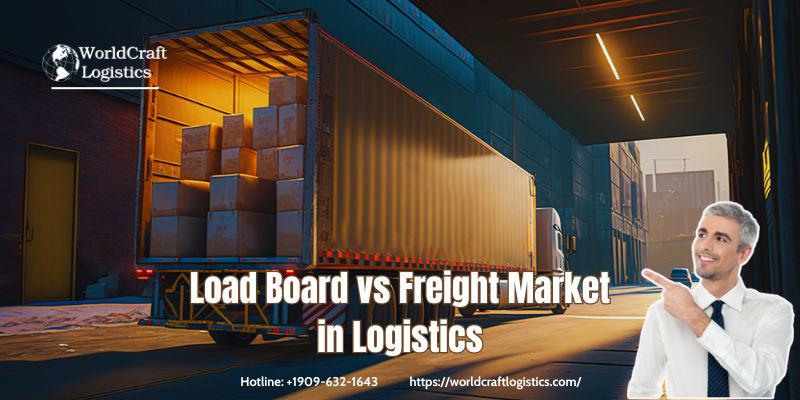
A load board is a virtual marketplace connecting shippers, freight brokers, and carriers. Shippers and brokers post available loads on these online platforms for carriers to search and bid on. Through these postings, transportation companies can efficiently find suitable loads, and shippers and brokers access a broader pool of potential carriers.
Load boards function by displaying available loads in a searchable format for carriers to find based on location, route, cargo type, and other criteria. When carriers find loads they want to haul, they submit bids to the loads’ shippers or brokers. If a poster accepts a carrier’s bid, the carrier will transport the load.
While free load boards are available online, most of the best load boards for truckers charge a fee for accessing their platform. Some load boards may offer additional features, such as load tracking and credit reports for shippers and brokers.
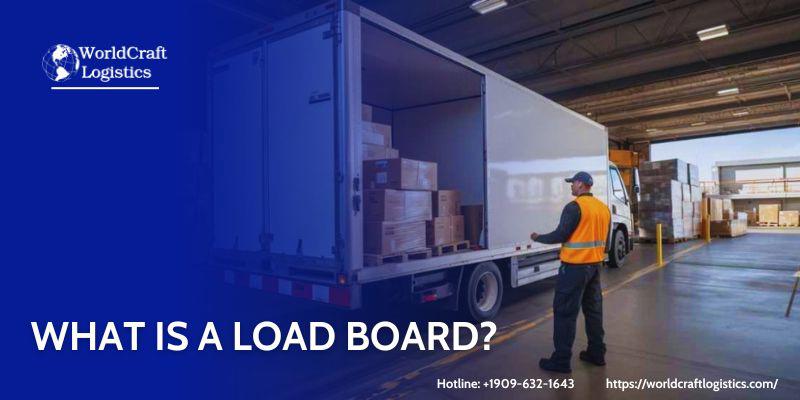
Load boards function by connecting carriers with available freight opportunities, streamlining the load booking process. While they offer essential features such as search filters and bid management tools, their scope is primarily limited to load matching and transaction facilitation. Carriers can use load boards to find and book loads quickly, but they may lack comprehensive insights and guidance beyond this immediate transactional aspect. Here's a step-by-step breakdown of how carriers can effectively utilize load boards to find and book freight:
Registration and Profile Setup: Carriers begin by registering on the load board platform and creating a profile that includes essential details such as equipment type, preferred lanes, and contact information. This step ensures that carriers receive relevant load notifications tailored to their specific needs and preferences.
Search and Filtering Options: Load boards offer a diverse array of search and filtering options to help carriers refine their search and identify suitable freight opportunities. Carriers can specify criteria such as origin, destination, preferred lanes, equipment type, and desired rates to narrow down the list of available loads.
Browse Available Loads: After setting their search parameters, carriers can browse through the list of available loads displayed on the load board platform. Each load listing typically includes key details such as pickup and delivery locations, freight type, weight, and compensation.
Bid Submission or Instant Booking: Depending on the load board platform and the preferences of the shipper or broker, carriers may have the option to submit bids for available loads or book them instantly. Carriers can utilize bid management tools to submit competitive bids and negotiate rates, or they can opt for instant booking to secure loads immediately at specified rates.
Confirmation and Documentation: Once a load is booked, carriers receive confirmation from the shipper or broker along with relevant documentation such as load details, pickup and delivery instructions, and payment terms. Carriers are responsible for ensuring that all necessary paperwork is in order before proceeding with the shipment.
A freight marketplace, similar to a load board, is an online platform connecting shippers, freight brokers, and carriers to facilitate goods movement. However, it is a more comprehensive solution than a load board, offering additional services that streamline the shipping process.
While a freight marketplace shares the basic function of a load board, it performs this task more effectively. Freight marketplaces utilize advanced algorithms that employ machine learning and real-time data to match shippers and carriers based on various factors, including equipment type, location, and past performance. These load-matching algorithms help shippers and brokers find carriers that best suit their needs while assisting carriers in finding profitable loads.
Freight marketplaces may also include additional features that provide business opportunities and streamline back-office tasks, such as:
Real-time shipment tracking and alerts
Paperless billing and automated payment processing
Credit checks and insurance services
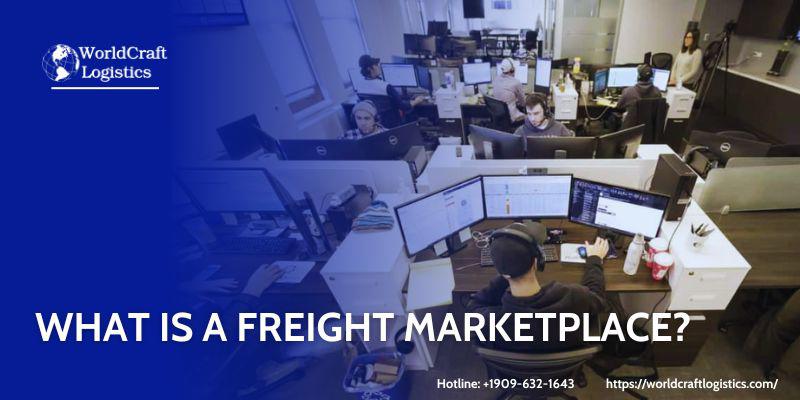
Is a load board or freight marketplace the optimal solution for your transportation company? Discover the market reach, time, resources, and flexibility of each to help inform your decision.
In the realm of freight logistics, a notable distinction between freight marketplaces and load boards lies in the array of opportunities they offer. Load boards typically boast extensive load volumes, attracting a larger pool of carriers who actively bid on shipments. This heightened competition among shippers, brokers, and carriers amplifies the options available, yet intensifies the competitive landscape of load boards.
In contrast, freight marketplaces represent a newer paradigm in the industry. Given the freight sector's gradual uptake of new technologies, these platforms experience less saturation. While they may feature fewer available loads, their sophisticated load-matching algorithms streamline the process for carriers, enhancing the relevance of each haul.
Load boards and freight marketplaces vary significantly in the time and effort required to navigate their platforms. Load boards entail a predominantly manual process, necessitating users to actively search for available loads and engage in continuous rate negotiations.
Securing loads via a freight marketplace has become increasingly automated. Carriers undergo thorough vetting on these platforms, ensuring that only those capable of transporting the load receive notifications about its availability. Once a carrier-shipper match is established, all necessary documentation, paperwork, and payments are seamlessly managed electronically within the marketplace.
Establishing business connections is crucial for any enterprise, with the choice of tools shaping its significance. When comparing a load board to a freight marketplace, the emphasis shifts significantly.
Load boards resonate particularly well with small carriers and owner-operator CDL drivers. These entities, often smaller in scale, prioritize enduring partnerships when sourcing loads. Conversely, freight marketplaces lean heavily on metrics such as on-time delivery and minimal damage rates to pair carriers and shippers, minimizing reliance on personal connections.
Load boards and freight marketplaces vary significantly in terms of job diversity. Load boards, due to their larger number of available loads, typically provide greater versatility for both shippers and carriers.
Freight marketplaces are designed to link shippers and brokers with screened carriers ideally equipped to transport their loads. This framework offers carriers fewer options and reduced flexibility, yet it ensures they secure a greater share of lucrative loads within their expertise.
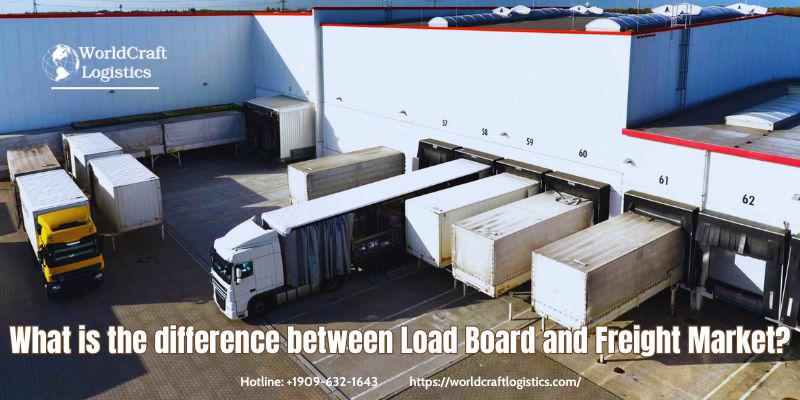
Some useful knowledge articles for you, shared by our experts:
👉 Certified vs. Registered Mail: Key Differences & Uses Explained
👉 Short Haul vs Long Haul Trucking
👉 Prepaid vs. Collect: Explaining the Meanings of Freight Terms
Whether seeking a comprehensive freight marketplace or a load board, there exists a platform to align with your business objectives. Load boards offer abundant opportunities, flexibility, and foster stronger business relationships. Conversely, a freight marketplace is ideal for hassle-free connections matching your capabilities and criteria.
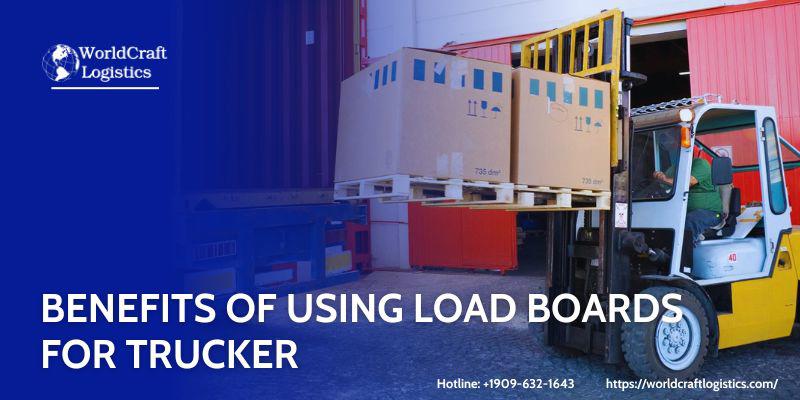
Load boards provide truckers with enhanced access to freight opportunities and greater flexibility in load selection. This enables carriers to optimize routes and maximize earnings. However, while load boards streamline load matching, they may lack comprehensive insights for strategic business decisions beyond booking. Here's a detailed look at the benefits of using load boards:
☑️ Enhanced Access to Freight Opportunities: Load boards offer truckers extensive access to a diverse array of freight from various shippers and brokers. This visibility allows truckers to explore numerous loads across different lanes, industries, and regions, ensuring continuous truck movement and steady earnings. By tapping into this expansive network, truckers minimize downtime and maximize revenue potential.
☑️ Flexibility and Load Selection Control: Truckers have the autonomy to browse available loads, evaluate specifications, and choose those that best fit their equipment type, preferred routes, and desired rates. This flexibility empowers truckers to optimize schedules, enhance earnings, and maintain work-life balance.
☑️ Reducing Deadhead Miles and Route Optimization: Deadhead miles, where trucks travel empty, significantly impact profitability and efficiency. Load boards help minimize deadhead miles by offering backhaul opportunities and strategically placing loads along routes. Truckers use load boards to identify loads that minimize empty miles, optimize routes, and maximize equipment utilization. This reduces fuel costs, improves efficiency, and boosts productivity.
While load boards offer undeniable benefits in increasing freight access, load selection flexibility, and route optimization, they may not always provide deep insights for strategic decision-making beyond load booking. Truckers should complement load board usage with additional resources to ensure informed decisions align with long-term business objectives.
Freight marketplaces present notable benefits over load boards, such as broader networks, integrated services, and enhanced carrier support. By utilizing freight marketplaces, carriers can access extensive resources and insights to optimize operations, effectively negotiate rates, and build sustainable business relationships. Unlike load boards, freight marketplaces offer comprehensive support and guidance beyond immediate load booking, enabling carriers to make strategic decisions for long-term success.
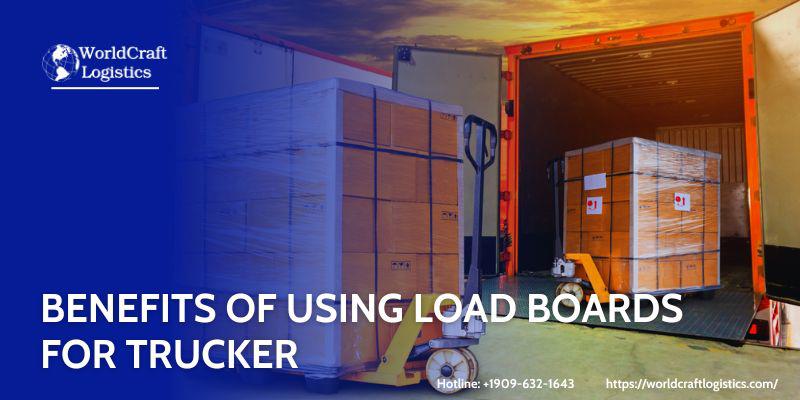
Key advantages of freight marketplaces over load boards:
✍️ Expanded Network and Access to Diverse Shippers and Carriers: Freight marketplaces feature vast networks that link carriers with a wide array of shippers and carriers worldwide. Unlike load boards with limited reach, freight marketplaces provide access to a larger pool of potential partners. This extensive network allows carriers to explore new opportunities, establish valuable connections, and expand their presence in the freight market.
✍️ Integration of Additional Services: Freight marketplaces offer integrated services beyond load matching and booking, providing carriers with tools to streamline freight management. These services may include freight visibility, tracking, and payment processing, aiding carriers in real-time shipment tracking, monitoring progress, and facilitating seamless invoicing and payment. Integrating these services into one platform simplifies logistics and enhances operational efficiency.
✍️ Ability to Negotiate Rates and Manage Contracts: Freight marketplaces empower carriers to negotiate rates and manage contracts directly within the platform. Unlike load boards requiring external communication with shippers and brokers, freight marketplaces offer a centralized hub for business transactions. This streamlined approach enables carriers to negotiate rates, finalize contracts, and track payment status all within the platform, saving time and reducing administrative overhead.
✍️ Comprehensive Features: Freight marketplaces provide a wide range of features tailored to carriers, shippers, and brokers. These platforms vary in pricing models, user interfaces, and target users, allowing carriers to choose the one that best suits their needs. Some offer subscription-based pricing, while others operate on a pay-per-use basis. By comparing features, pricing, and target users, carriers can select the most valuable and beneficial platform for their business.
Freight load boards can be accessed online through smartphones, tablets, or computers. Many of these boards require a subscription fee for searching.
In the transportation industry, including jobs found on load boards, payment terms range from 15 to 90 days.
Two disadvantages of using trucking load boards are the cost and the competition.
SEO
Digital Marketing/SEO Specialist
Simon Mang is an SEO and Digital Marketing expert at Wordcraft Logistics. With many years of experience in the field of digital marketing, he has shaped and built strategies to effectively promote Wordcraft Logistics' online presence. With a deep understanding of the logistics industry, I have shared more than 500 specialized articles on many different topics.
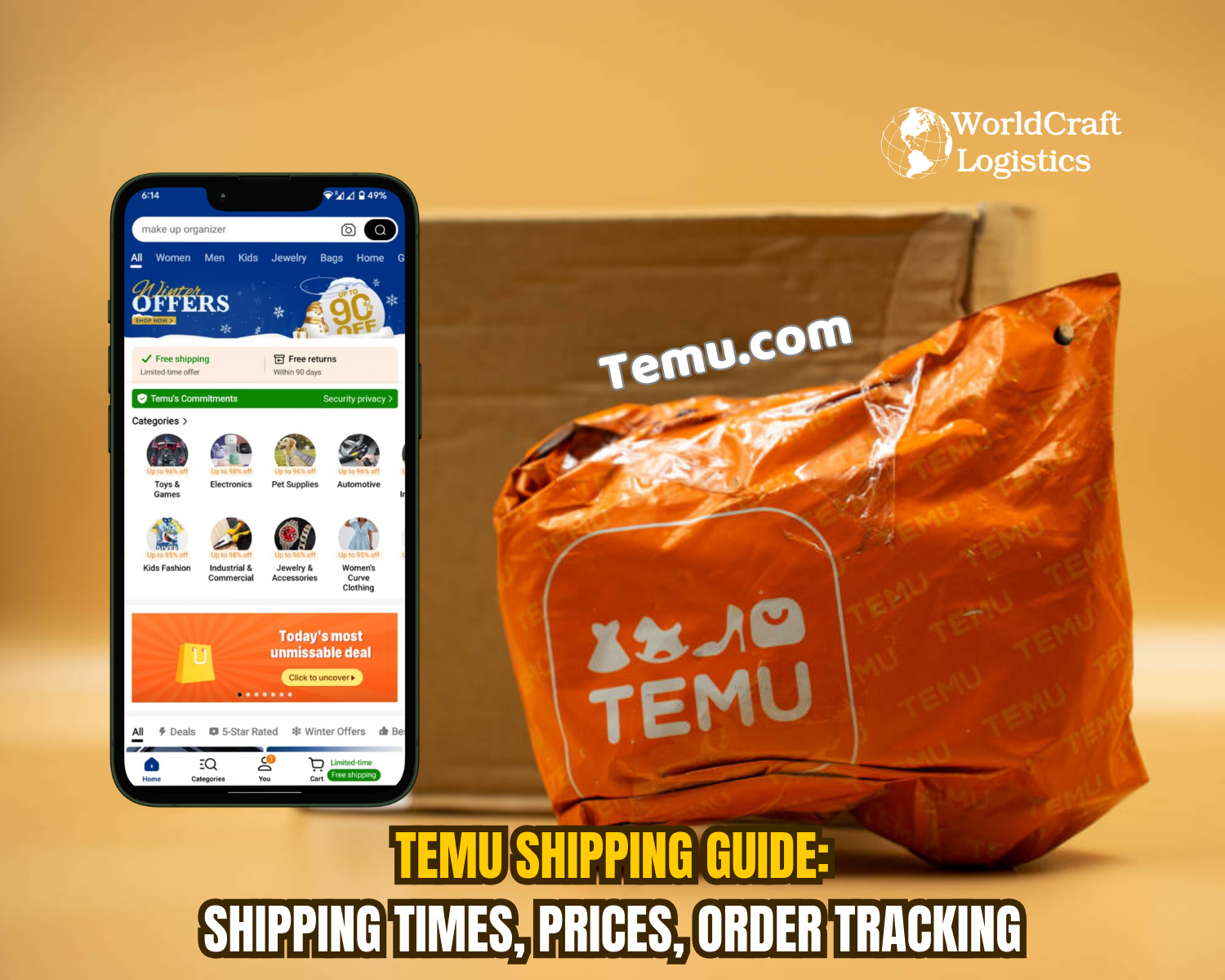
Education
01/05/2025
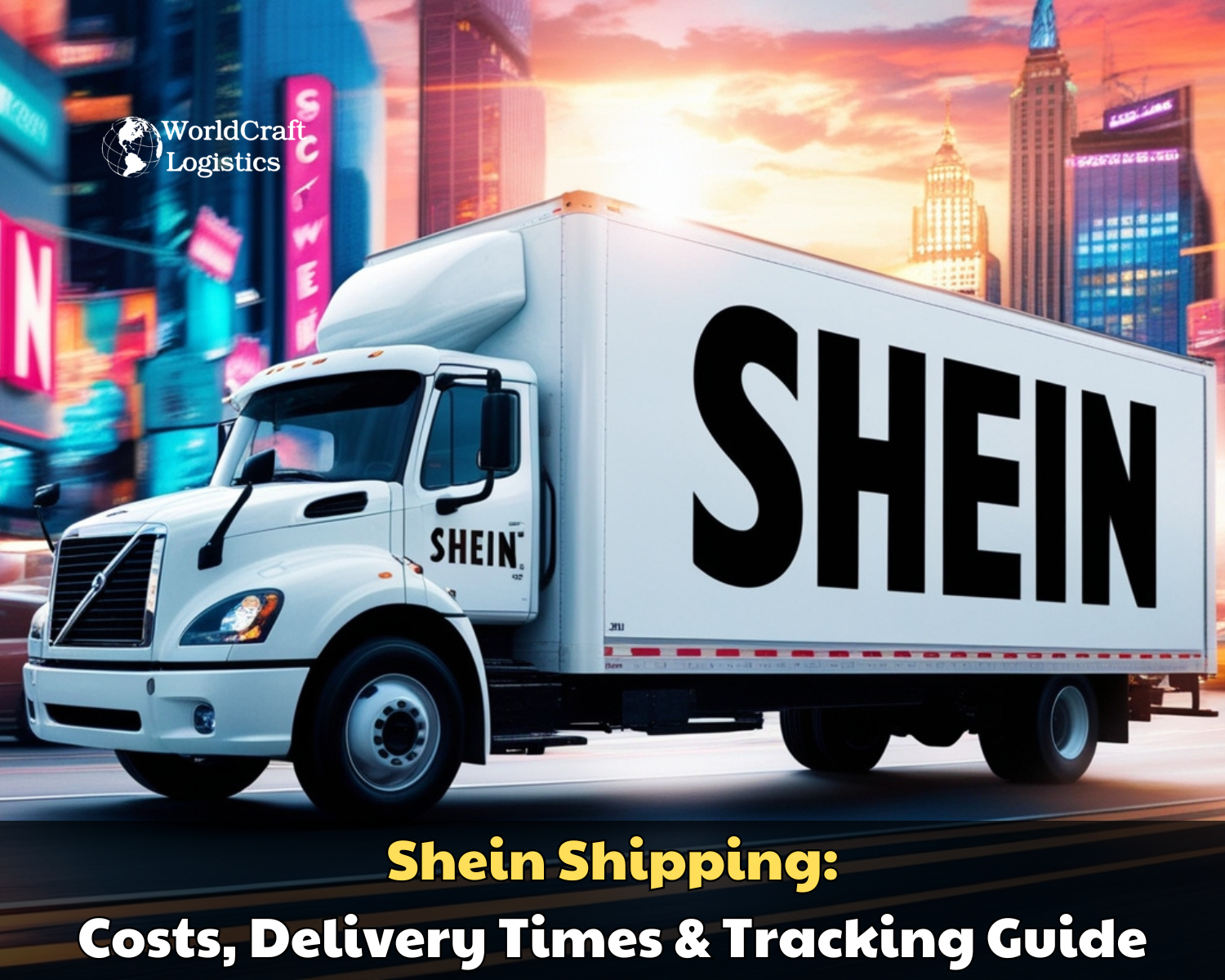
Education
02/18/2025
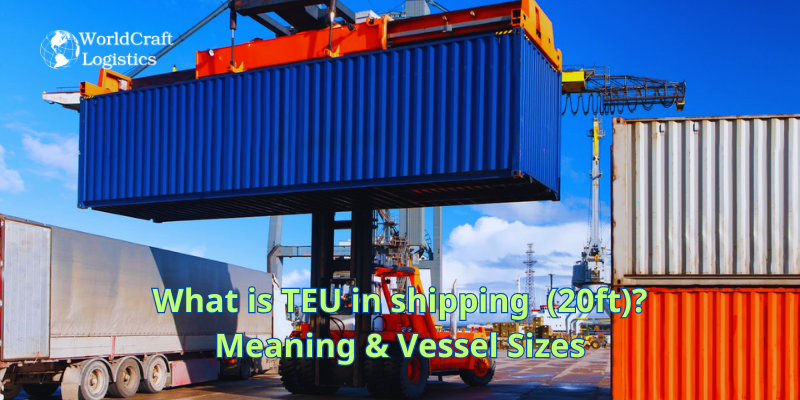
Education
01/01/2024
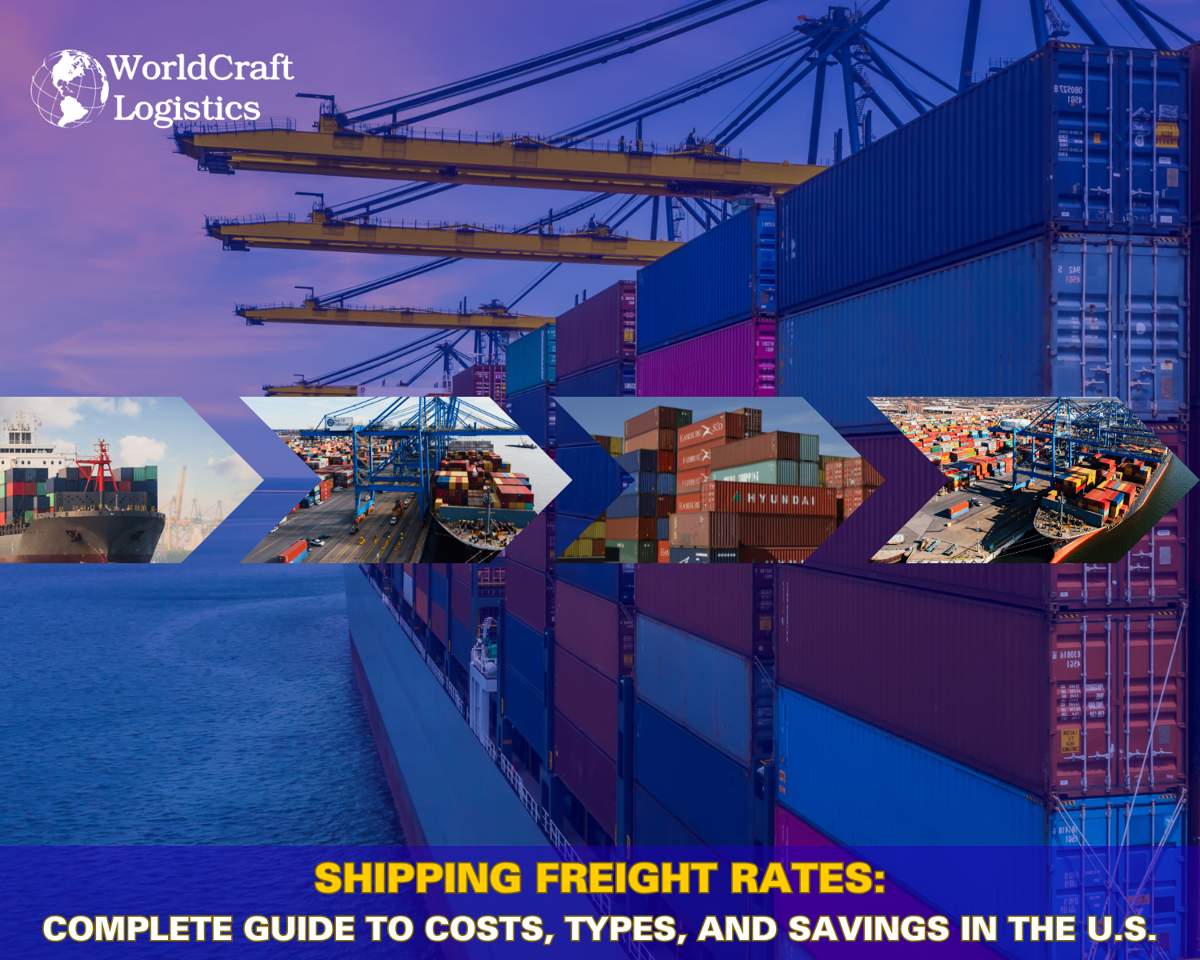
Education
09/09/2025
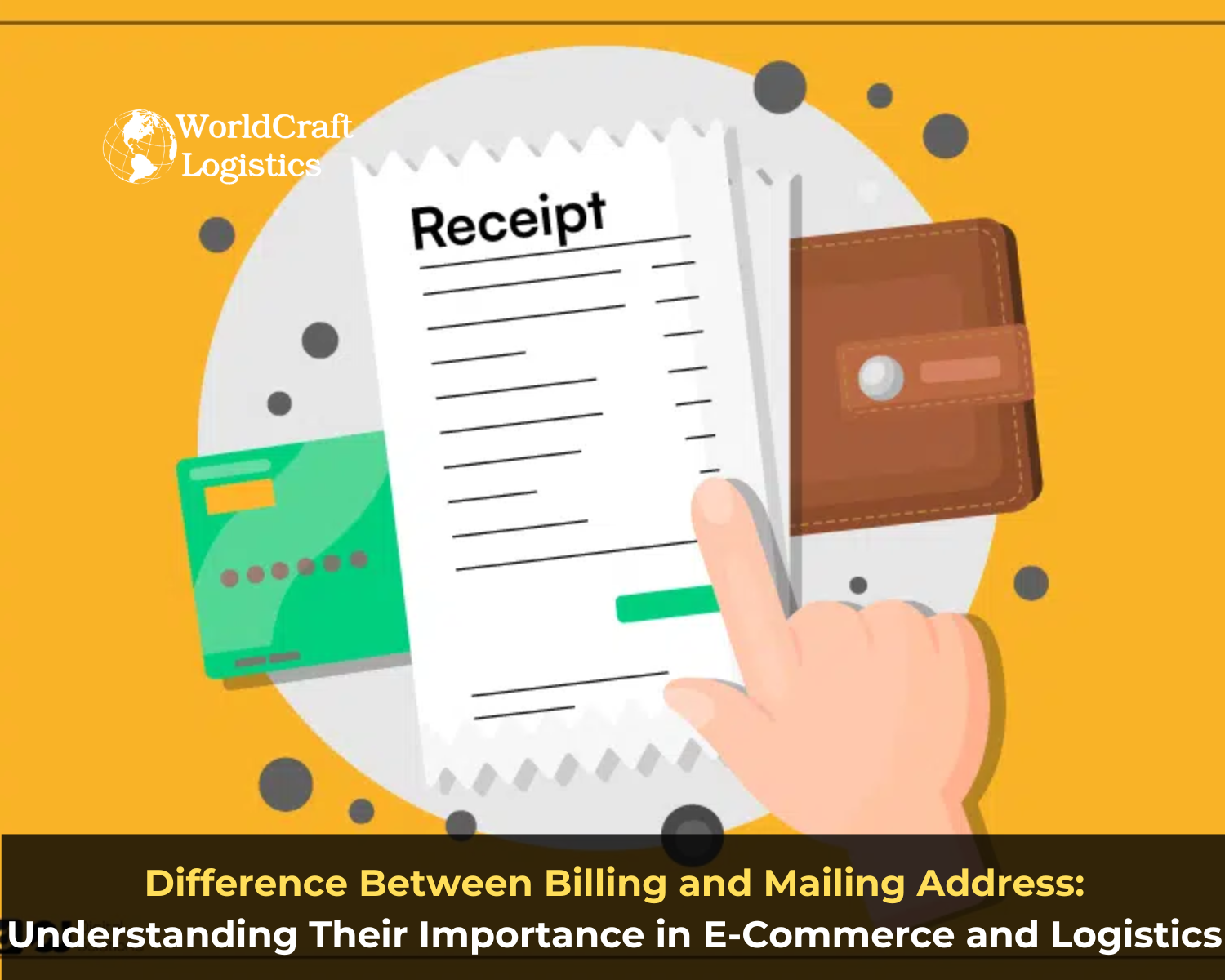
Education
08/28/2024